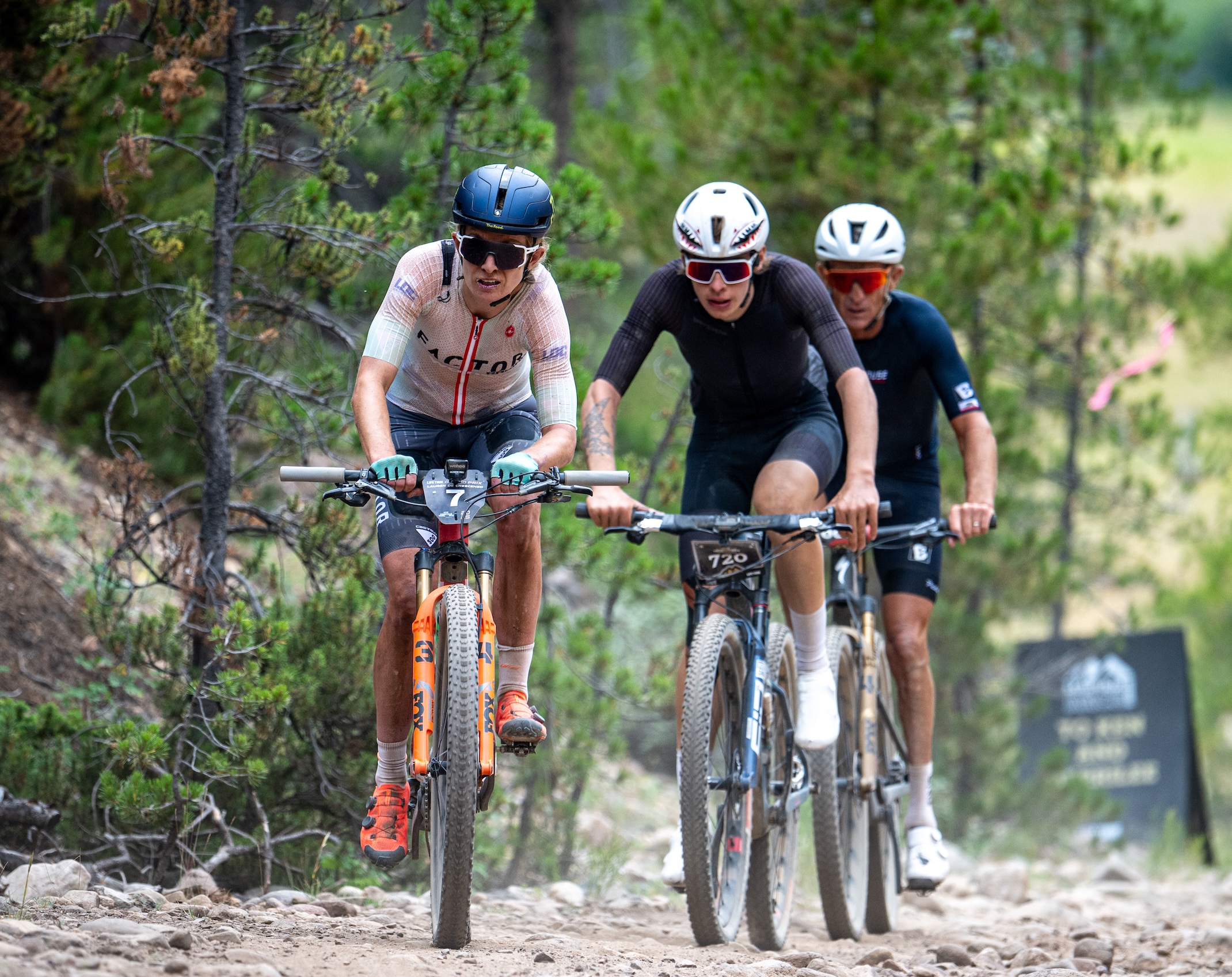Millar and Yates top bill at Rayner dinner
Dave Rayner Fund set to celebrate 20th anniversary
The latest race content, interviews, features, reviews and expert buying guides, direct to your inbox!
You are now subscribed
Your newsletter sign-up was successful
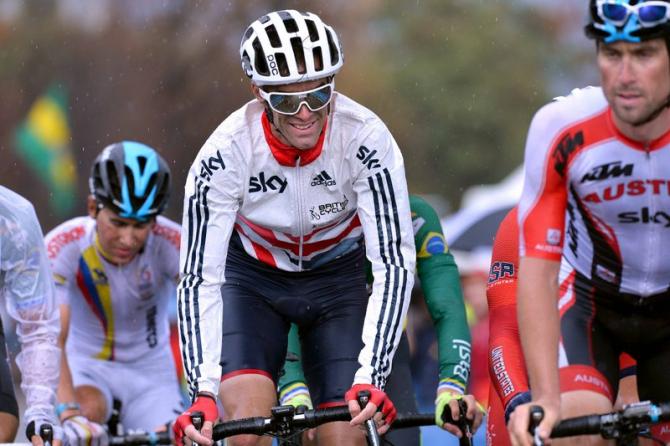
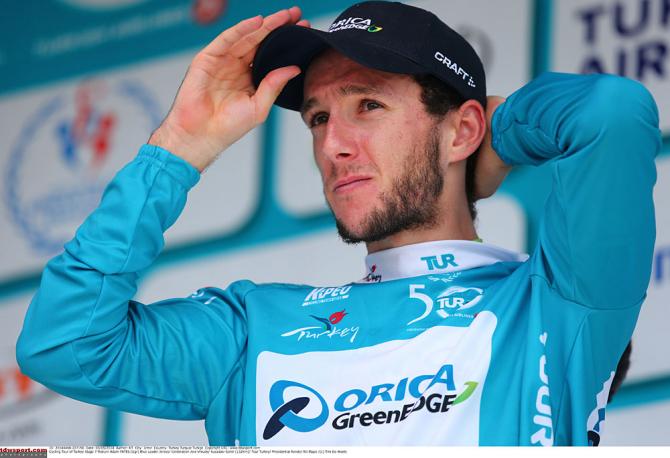
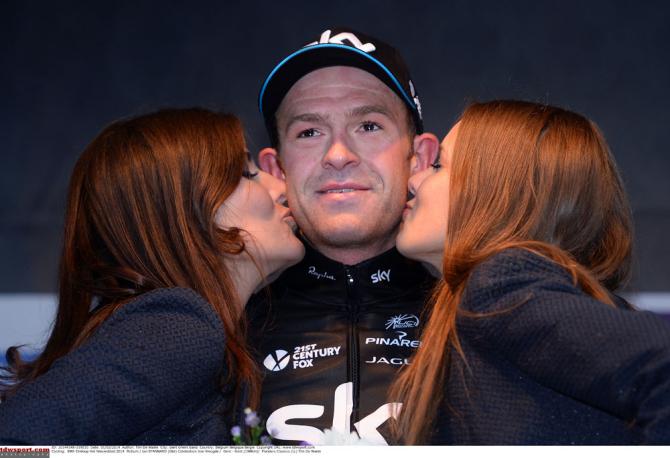
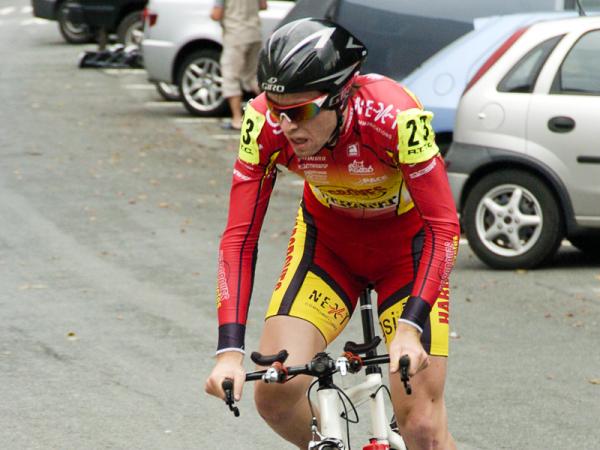
While most of the credit for Great Britain's emergence as one of cycling's dominant powers rightly goes to lottery funding and British Cycling's performance plans, a significant amount is also due to the Dave Rayner Fund. Set up in January 1995 just weeks after the tragic death of Yorkshire pro Dave Rayner, over the past two decades the fund has provided financial support to around 200 riders, many of whom have gone to emulate Rayner by reaching the pro ranks.
This Saturday a number of those riders, including David Millar, Adam Yates, Ian Stannard and Dan Mclay will be among the 500 guests attending the fund's 20th fundraising dinner. This year, for the first time, it takes place at the swanky New Dock Hall in Leeds.
Rayner treasurer Paul Cutler, who is Dave Rayner's cousin and one of many of family and friends still involved with the fund, says this year's dinner will be a "glitzy, red carpet affair" and emphasizes the significance of Millar's attendance as the Scot was one of the first group of four riders who received funding in 1996.
Garmin-Sharp DS Charly Wegelius was another of that initial quartet. While Millar spent a season with VC St Quentin, thanks to the backing he received from the Rayner Fund, Wegelius spent two years with Vendée U.
"Funding was very different in those days. Before the Rayner Fund came along, riders who wanted to better themselves by racing abroad had to find money by stacking supermarket shelves and taking on other ad hoc jobs like that," Wegelius tells Cyclingnews.
"The Dave Rayner Fund provided me with a welcome parachute. It provided me with money to buy food, to buy what seemed then to be luxuries – phone cards to call home, petrol to drive to races. It meant that I wasn't going hungry. It was unique at that time."
Wegelius also reveals that, although he didn't really appreciate it at the time, the fund provided him with much more than financial support. "I had the feeling that there was a lot more people standing behind me. That offered encouragement and made it harder to give up," he says.
The latest race content, interviews, features, reviews and expert buying guides, direct to your inbox!
Crucial to the fund's philosophy has been its support for British riders who are determined to follow the same path Rayner took as a junior. In 1984, when he was still only 16, he travelled to Italy to join the GS Porcari-Fanini-Berti team. Riding alongside the likes of Mario Cipollini and Andrea Tafi led to him becoming the national junior road champion and, in 1988, making the step up to the pro ranks with Raleigh-Banana.
Wegelius points out that it is precisely this focus on helping riders determined to race on the continent that has made the fund such a valued asset. "Even the best state-run performance plan is going to miss some of the talent out there," he says. "Some riders get lost, others develop at a different speed, some want to follow a different path, and the Rayner Fund can help riders in these situations. The state-funded system and the fund can co-exist successfully."
Treasurer Cutler explains that the fund has come a long way since Sid Barras, Bill Holmes and Keith Lambert got together with Rayner's best riding buddies, Johnny Clay and Chris Walker, in the wake of his death. "The initial dinner was a relatively small affair with 200 guests, but now we get 500 and we're working to boost the profile of the fund," he says.
"Over the past 20 years, the fund has raised more than £700,000, and now we're looking towards getting charity status with a view to get big companies involved in supporting us."
The amounts that the riders receive have changed too. In the early years, grants of £50 per week helped to cover food and travel bills. In 2014, some of the two dozen Rayner-backed riders, who include Hannah Barnes, Tao Geoghegan-Hart and newly signed Europcar pro Owain Doull, received as much as £550 a month to cover costs when competing.
Many of those 24 riders are based in Belgium, where Joscelin Ryan acts the liaison between them and the fund. Partner of ex-pro Tim Harris, Ryan knows the Belgian race scene inside out and is well placed to keep tabs on the under-23 riders supported by the Rayner Fund.
"The fund needed someone here to keep an eye on them all because things can go wrong – crashes, a loss of focus, all kinds. This is a very different experience for most of them," she explains. "They need help looking for teams and somewhere to live. I do monthly reports on each of them to establish what they've been up to and how they're faring and progressing."
Although it's not the fund's set goal, Ryan says they like to see one rider a year reach the pro ranks if possible. This year, they've achieved double that. Like Doull, sprinter Dan Mclay is on his way to a French team having signed for Bretagne-Seché Environnement.
Mclay has been backed by the Rayner Fund for the past four seasons. "His first year was outstanding. He won seven races and we thought he was on the fast track towards becoming a pro," Ryan explains. "But he struggled in his second year, got back on track in his third, and this year has been unbelievable for him. His stage wins at the Tour de l'Avenir and, particularly, the Tour of Normandy helped earn him a contract with Bretagne."
Mclay never applied to join the academy at British Cycling. "I wanted to race in Belgium because I love the Classics," he told Cyclingnews. "In Belgium I learned how to race aggressively, especially when there's wind."
Announcing his move to Bretagne on Twitter last month, Mclay paid grateful tribute to the Rayner Fund, saying: "Looking forward to a successful season. Big thanks to the @DaveRaynerFund for making this progression possible."
As Mclay and Doull advance, the next group of hopefuls are already looking ahead to spending some or all of the 2015 season racing in Europe. "We get about 60 to 70 applications a year and have supported as many as 52 riders in a season, although we usually back about 40," says Cutler.
"The idea is to give them a chance to compete abroad and then it's up to them to make the most of that chance. We've had some real successes, such as David Millar, Charly Wegelius, Dan Martin and Adam Yates, and that makes for a great memorial to Dave."
Peter Cossins has written about professional cycling since 1993 and is a contributing editor to Procycling. He is the author of The Monuments: The Grit and the Glory of Cycling's Greatest One-Day Races (Bloomsbury, March 2014) and has translated Christophe Bassons' autobiography, A Clean Break (Bloomsbury, July 2014).
